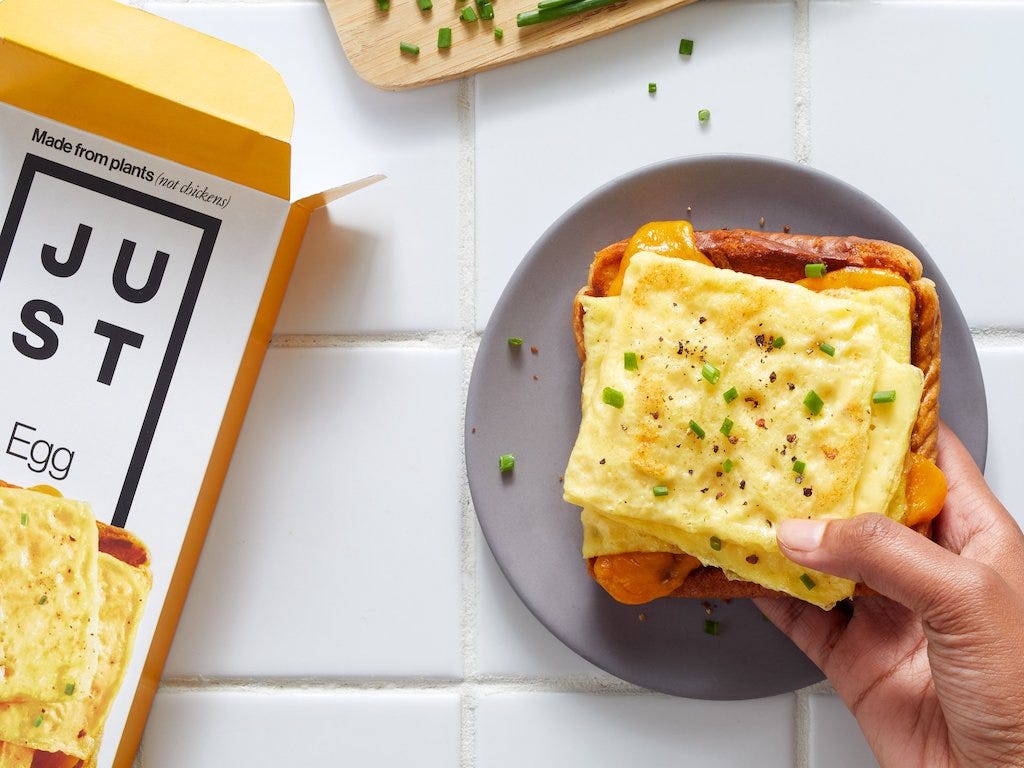Headline Developments
We start with a few developments related to the chaos of Trump’s final days in office.
In response to the week’s events, Twitter (TWTR), Facebook (FB), Snap (SNAP) and Alphabet’s (GOOG) YouTube have all blocked or restricted Donald Trump from their platforms. Facebook’s CEO Mark Zuckerberg said Trump’s accounts on Facebook and Instagram will be suspended for at least two weeks [when Biden is sworn in] and that the “risks of allowing the (current) President to continue to use our service during this period are simply too great.”
As Trump continues a destructive exit from the White House, the WSJ is reporting that Alibaba (BABA) and Tencent (700.HK) are being added to a blacklist of companies ‘owned or controlled by the Chinese military’. The report also indicates that there are considerations for other companies to be added to that list which so far totals 60 Chinese companies such as chipmaker SMIC, drone manufacturers DJI, Huawei, ZTE Corp and Hikvision (over its reported surveillance of Uighur minorities).
This comes immediately after Trump signed an executive order banning eight Chinese apps, including the Alibaba (BABA) / Ant Group unit Alipay and Tencent’s (700.HK) QQWallet and WeChat Pay. Others on the list include CamScanner, SHAREit, VMate (another Alibaba unit) and WPS Office.
Meanwhile, Alibaba’s Jack Ma is missing. The last we saw of Ma was in late October when he commented that China's "regulatory system was stifling innovation and must be reformed to fuel growth". It appears that Ma has been pulled back into line by the Chinese Communist Party who has taken a hard line with big tech of late fearing they have amassed too much power.
S&P Dow Jones Indices have confirmed that the ADRs of three Chinese telecom companies will be removed from the index effective 11th January. The three companies are China Mobile, China Telecom and China Unicom.
Other Developments
Daimler (DAI.DE) has outdone Tesla, releasing a ‘hyperscreen’ display for its upcoming fully electric EQS Mercedes sedan. The OLED screen is 56 inches wide, with an 8-core CPU encompassing all navigation, communications, entertainment and energy management for the 700km range EQS.
The Department of Justice (DoJ) confirmed that they were indeed hacked via the SolarWinds (SWI) breach. The hackers took control of the department’s Office 365 system and accessed e-mail sent or received by about 3% of accounts (or roughly 3k employees!). SolarWinds is off around 40% since the breaches were first reported.
China’s Baidu (BIDU) plans to collaborate with Volvo owner Geely (175.HK) to make smart EVs, according to Reuters. The venture, to be majority-owned by Baidu, will revamp some of Geely’s existing facilities to make the vehicles. This is also likely to leverage Baidu’s expertise in Autonomous Vehicles via its Apolong (or Apollo) project - an open AV platform with a consortium of over 40 companies including Volvo, Ford, BMW and Microsoft.
NEC Electronics (6701.JP) has launched a facial recognition system that can identify people even when they are wearing masks. NEC says that verification takes less than one second and has accuracy greater than 99.9%.
Hedge fund Third Point is urging Intel (INTC) to consider separating chip design from its semiconductor fabrication plant operations. This could include a joint venture in manufacturing. Intel has lost its pole position in microprocessor manufacturing to TSMC (TSM) and Samsung Electronics (005930.KS) while also losing share in its core PC and Data Centre markets to Advanced Micro Devices (AMD).
After recently launching the world’s first culture meat product in Singapore, Eat Just (private) have announced that they will be supplying chicken-less eggs to the breakfast menu at Dicos, a local competitor to McDonald’s and KFC with ~500 locations. Eat Just’s China business is reported to be expanding at over 70% YoY.
IPOs
Car-rental startup Turo (private) is planning to go public this year after a strong 2020. Turo allows private car owners to offer their vehicles for rent with categories appealing to all tastes - classics, convertibles, luxury etc. For example, you can hire a Lamborghini Huracan (below) for $632/day or a more modest BMW 3 Series for $52/day. Turo projects to reach $153m in sales for 2020, with losses for 2H20 expected to contract to $7.2m from $46.9m a year earlier.
Buy now pay later company Affirm (AFRM) expects to achieve a valuation of over $9bn from its upcoming IPO on the Nasdaq. From its latest filing Affirm plans to price its shares at between $33 and $38 and raise as much at $935m from the sale.
M&A | Cap Raise
Roblox (private) has raised $520m led by Altimeter Capital and Dragoneer Investment Group, valuing the company at ~$29.5b. “While once viewed as a gaming platform, Roblox has emerged as a definitive global community connecting millions of people through communication, entertainment and commerce,” said Brad Gerstner, CEO of Altimeter. This capital raise comes ahead of an imminent direct listing (postponed from December last year).
The UK’s Competition and Market Authority (CMA) said during the week that it would start an investigation into Nvidia’s (NVDA) acquisition of UK-based chip designer Arm Holdings - currently a unit of Japan’s Softbank (9984.JP). The critical factors under the investigation would be how Nvidia can ensure the independence of Arm (which is critical) and protect information flowing between Arm and competing chip manufacturers.
Grab’s (private) Grab Financial Group has raised more than $300m in a funding round led by South Korea’s Hanwha Asset Management, The Information reported. Grab, a Singaporean ride-hailing and food-delivery giant, created its financial group in 2018 to offer financial services such as payments, loans, insurance and investment products.
Roku (ROKU) the leading distributor of streaming video apps in the US is in advanced talks to buy the content catalogue from Quibi (private). Quibi, which has raised over $1.75bn to develop high-end content for mobile phones, failed to gain traction and announced it was shutting down in October. Roku wants to acquire exclusive rights to Quibi’s library of content for its own ad-supported Roku channel (which currently offers movies and shows produced by other companies).
Berlin-based startup Mambu (private), a SaaS-based banking platform which powers lending, deposits and other banking products, has closed a €100m round, valuing the company at €1.7bn (US$2bn). Mambu which targets the new wave of digital financial services has been seeing growth of 100% year on year. The banking software market is estimated at $100bn growing at double-digit rates (traditional banking is fertile ground for disruption from technology-enabled fintech).
Oxford-based Oxbotica (private), a developer of software for Autonomous Vehicles, has raised $47m from BP (BP.LN) Ventures, Australian Super fund Hostplus, BGF, Halma (HLMA.LN), IP Group, Tencent (700.HK), Venture Science and Doxa Partners. Oxbotica, founded by Oxford Professors Paul Newman and Ingman Posner, deploys AV software on our roads but is expanding further to sectors including mining, where they’ve partnered with Australia’s Wenco to develop first-ever Open Autonomy solutions for that industry.
Have a great week.
Charlie
LinkedIn or E-Mail (cnave@granitebaycap.com)
Granite Bay Capital is an innovation focussed investment company with a deep focus on the companies at the leading edge of innovation across major themes such as AI, ubiquitous computing, sustainability, automation and longevity. Any views expressed in this article are those of the author(s) and do not constitute financial advice.






